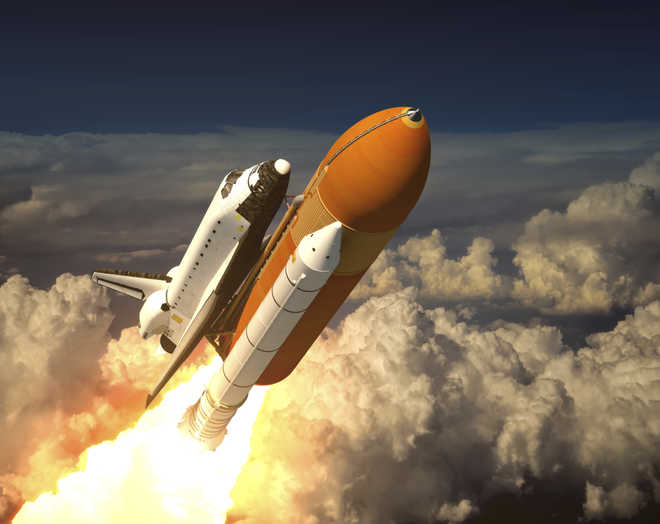Washington
NASA has confirmed a delay in the first piloted flights of Boeing and SpaceX, part of NASA's Commercial Crew programme to send humans to the International Space Station (ISS) on private US spacecraft.
SpaceX is targeting November 2018 for Crew Dragon's first uncrewed demonstration mission (Demo-1), three months later than the previous schedule released by NASA early this year. The crewed demonstration flight, with two astronauts on board, will follow in April 2019, four months later than previously announced.
"We believe, the earliest time we can confidently do that will be in mid-2019 after flying an uncrewed flight test late this year or early next year," said John Mulholland, vice president and programme manager for Boeing's Commercial Crew effort, in a NASA blogpost.
"I'm incredibly proud of the progress our team has made, and it has been inspiring to watch them work through challenges quickly, while developing a brand new human-rated spacecraft that Boeing, NASA and the nation can be proud of," Mulholland added.
Boeing's CST-100 Starliner, on the other hand, will likely perform two crucial test flights next year, instead of this year as planned.
Each test flight will provide data on the performance of the rockets, spacecraft, ground systems, and operations to ensure the systems are safe to fly astronauts.
The crew for Boeing's Crew Flight Test and SpaceX's Demo-2 flights will each include at least a flight commander and pilot aboard to test out the systems.
After successful completion of the flight tests with crew, NASA will review flight data to verify the systems meet the agency's safety and performance certification requirements and are ready to begin regular servicing missions to the space station, the US space agency said. IANS
Unlock Exclusive Insights with The Tribune Premium
Take your experience further with Premium access.
Thought-provoking Opinions, Expert Analysis, In-depth Insights and other Member Only Benefits
Already a Member? Sign In Now











